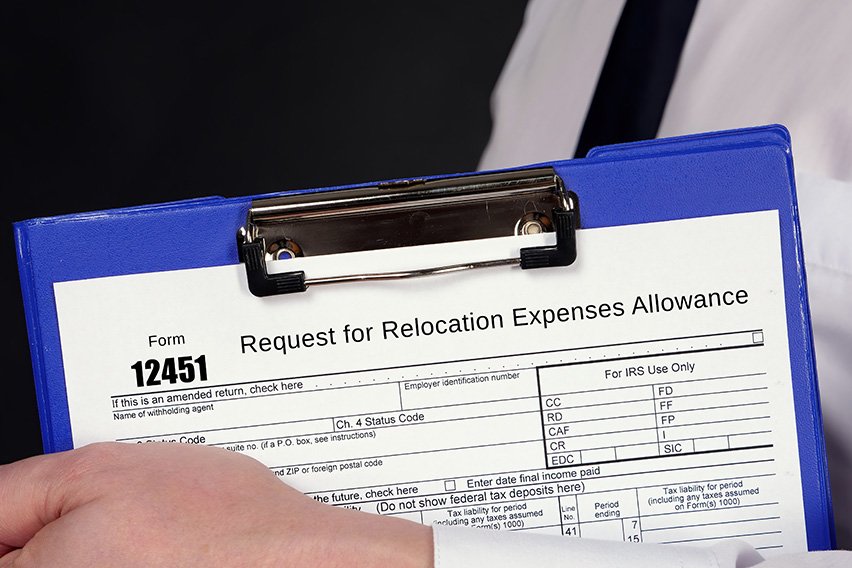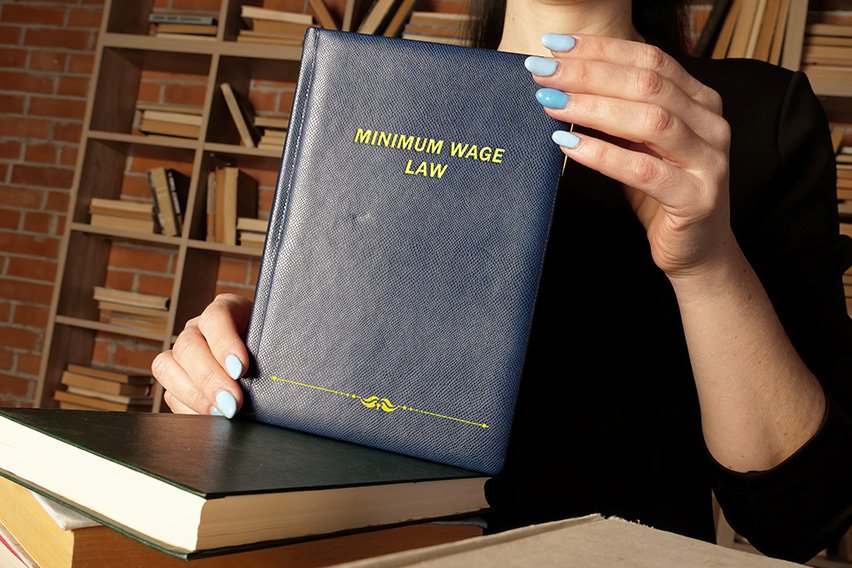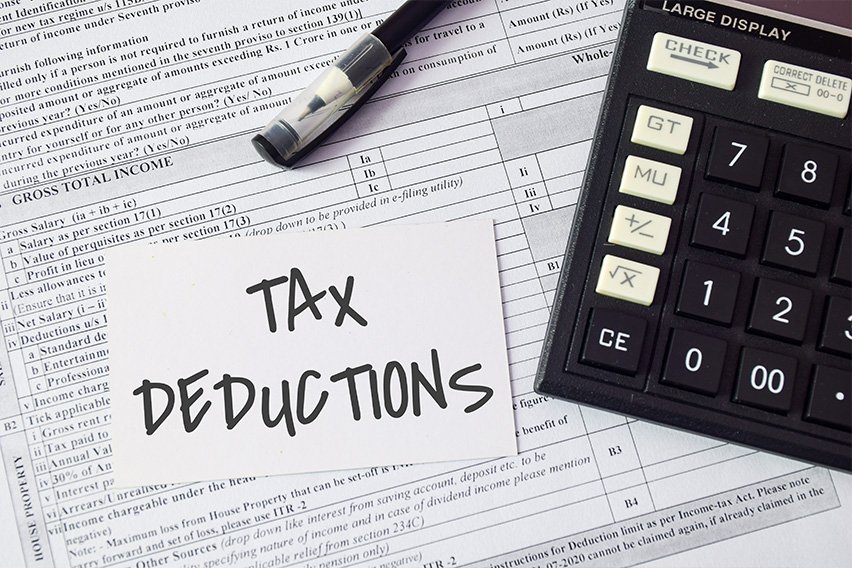Can You Write-Off Expenses Before Incorporation? Certain Expenses, Yes

You can write-off certain expenses as long as the business opens. Allowable expenses include those related to Investigation (such as travelling to potential business locations) and Preparation (for example, employee training). There is a separate category related to Organizational costs (fees associated with establishing the business, like legal services). For both Investigation/Preparation and Organizational expenses, there is a maximum deduction of $5,000 each.
Startup expenses cannot be applied after the date the business opens. Expenses incurred after that time become regular business deductions, if applicable.
Here’s What We’ll Cover:
What Startup Expenses Can I Deduct?
How Much Can You Deduct for Startup Costs?
Can You Deduct Business Expenses If There Is No Income?
What Is Considered a Hobby or Business?
What Are Startup Costs?
Startup costs are one-time expenditures directly associated with launching a new business. These costs are often tax deductible, so it’s essential to track them in your startup’s accounting processes.
Business owners can only expense the claims once and not again later as regular business expenses.

What Startup Expenses Can I Deduct?
Investigation/Preparation
Investigation/Preparation expenses for a business can include the following:
- Advertising, including agency fees
- Permits
- Startup financing (investments and loans)
- Insurance
- Office Rent & security deposit
- Construction (improvements to make a place workable)
- Signage
- Web hosting service
- Office utilities (such as phone systems, wi-fi)
- Office supplies
- Employee training
- Inventory
- Stationary
- Travel costs
- Supplies for manufacturing activities
- Shipping supplies
- Business cards
Although some of these costs seem like regular day to day expenses for a business, they can be considered startup costs if they are purchased before the business opens.
Organizational Costs
These are the specific costs involved in forming a corporation, partnership or LLC (Limited Liability Company). For instance, legal fees would count as an organizational cost. So would any fees incurred to establish the business with the government.
IRS policy does not allow one to deduct costs associated with starting a sole proprietorship.
How Much Can You Deduct for Startup Costs?
For the costs related to investigation and preparation, $5,000 is the cap. Organizational costs also have a maximum deduction of $5,000.00. However, this only applies as long as your combined startup costs do not exceed $50,000. At $55,000 the deduction is completely eliminated. However, you may be able spread the startup costs out over 15 years.
This is because larger expenses, such as the cost of a building or expensive equipment, even computers and some furniture, will need to be capitalized. Capital costs refers to money spent on an asset that a business invests in to generate revenue, but is one that will also depreciate over a number of years.
This does not mean businesses don’t get a break on the expense when filing their returns, it just means that only the depreciation amount of these assets for that year will be applied. This is unlike regular expenses, which applies full or partial amounts. Capital expenses will continue to depreciate over time, and that depreciation will be accounted for in future tax returns as well.
Capitalizing an expense helps a company to accurately assess their profits. For instance, if a piece of equipment costing $500,000 was simply deducted as a regular business expense, the financial statements might show no profit for the year, when in fact the company may be doing quite well from a sales perspective.
Can You Deduct Business Expenses If There Is No Income?
Yes, within certain conditions you can deduct business expenses if your business is making no income. Generally, this applies to a very small business. If the expenses are valid, you can offset other income on your personal tax return. However, if you don’t have any taxable income at all, you can’t generate a refund based on your business expenses.
If you continue to operate without profit for a few years, the IRS’s concern will be whether you are running a business or a hobby. In fact, they may reclassify your business as a ‘hobby’, which means you can no longer claim losses from your business. In order to remain a business, you’ll have to prove to the IRS you meant your company to be profit generating, and that the losses are beyond your control.

What Is Considered a Hobby or Business?
The IRS has a number of criteria when determining whether a business is really a business, or a hobby. This criteria includes whether the taxpayer depends on the income from the business to survive and whether the business owner has attempted to change his strategy if he hasn’t been able to generate any revenue.
You can see the full list of criteria here, on the IRS’s website.
The hobby classification prevents the taxpayer from claiming hobby expenses on his taxes, unless he has income directly generated from that hobby. In other words, a taxpayer can’t lower his tax bill with hobby expenses unless he has also generated profit from that hobby.
If the hobby expenses exceed hobby income, then the remaining expenses cannot be deducted from any other form of income (for instance, a full time job).
RELATED ARTICLES

 Can You Write-Off Relocation Expenses? Only U.S. Armed Forces Can
Can You Write-Off Relocation Expenses? Only U.S. Armed Forces Can Digital Marketing for Small Businesses: the Top 5 Channels & Methods Critical for Success
Digital Marketing for Small Businesses: the Top 5 Channels & Methods Critical for Success Tax Deductions for Daycare Business: Top 10 Deductions
Tax Deductions for Daycare Business: Top 10 Deductions Tax Deductions for Handyman Business: What You Need to Know
Tax Deductions for Handyman Business: What You Need to Know Tax Deductions for Self-Employed Workers
Tax Deductions for Self-Employed Workers